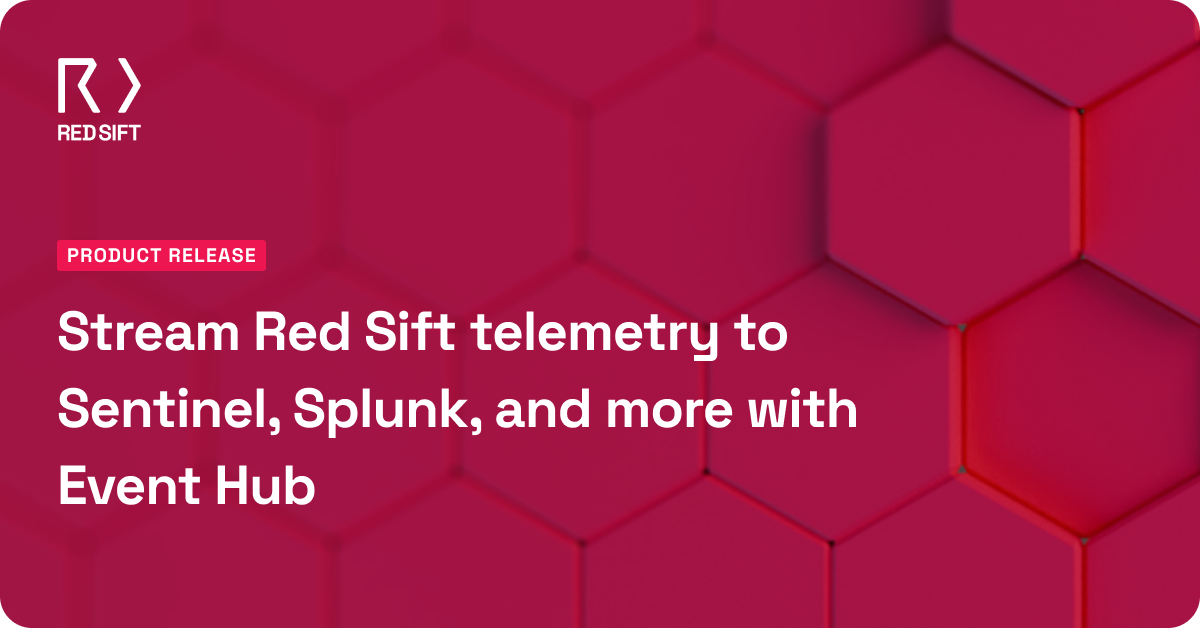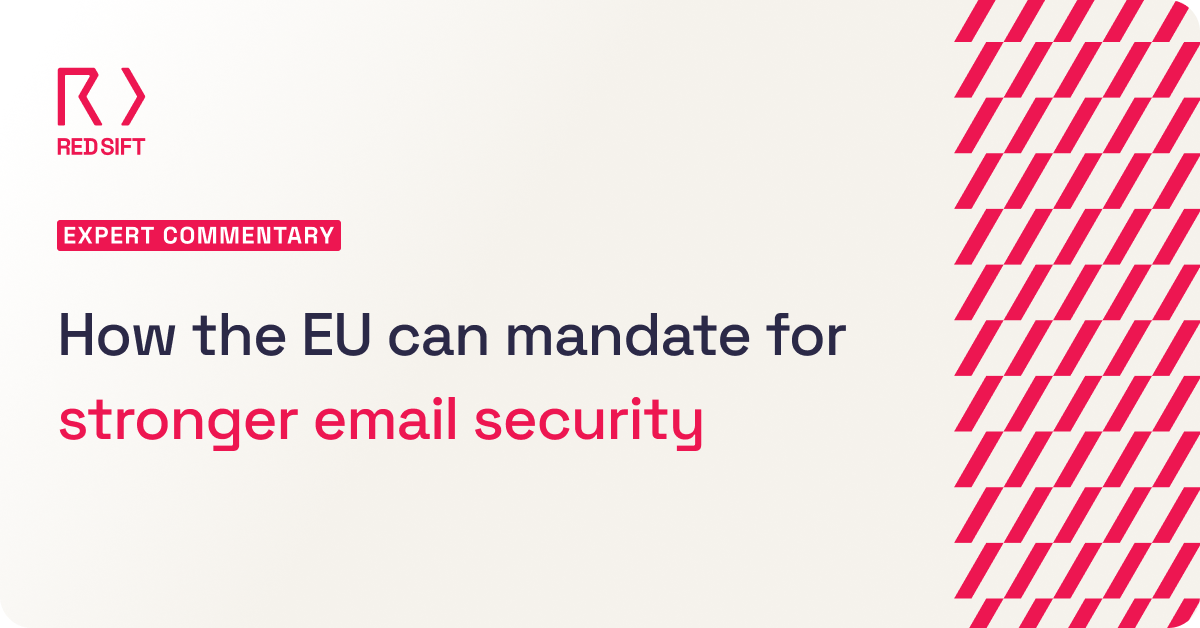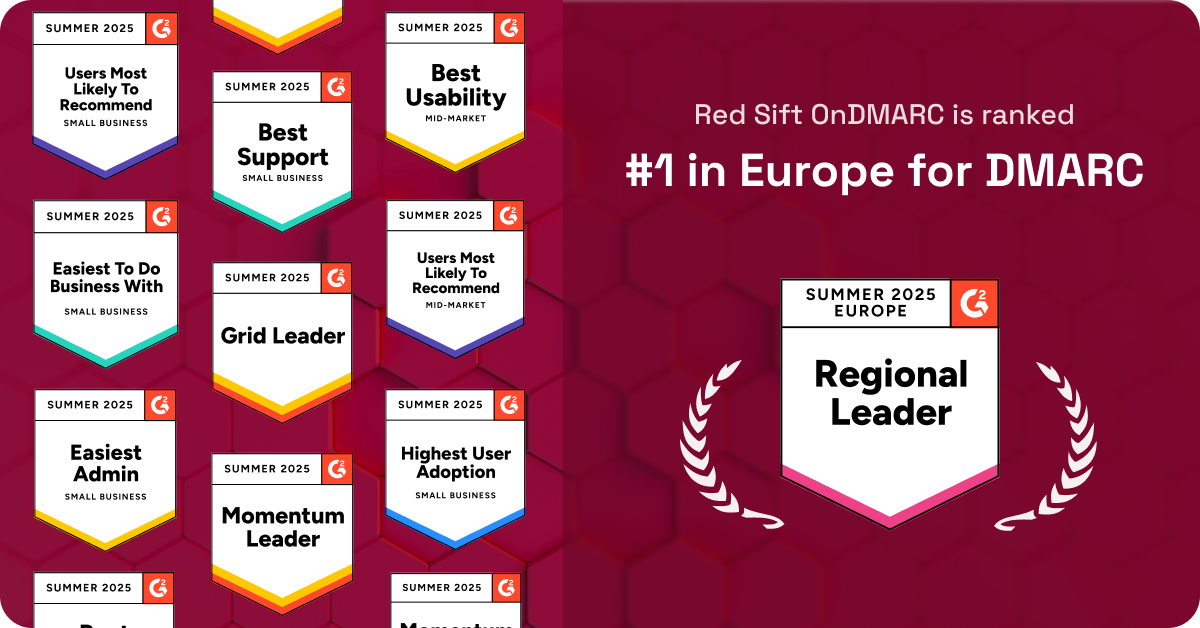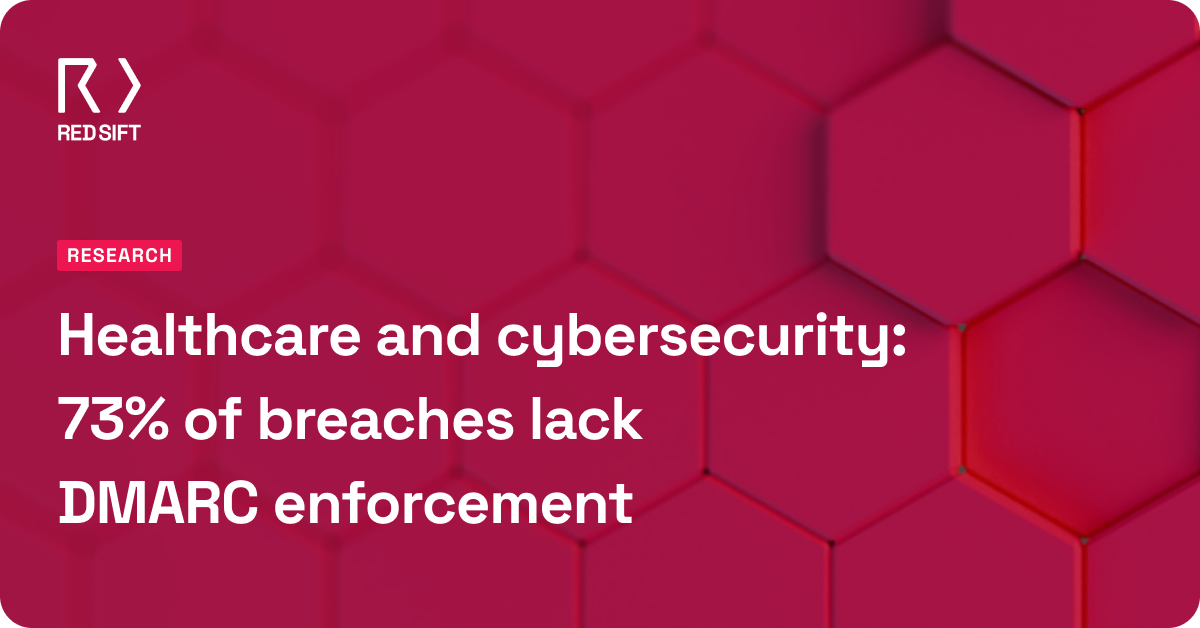As cyber threats evolve, so do the standards and frameworks designed to combat them. Two of the most recognized standards in information security are ISO 27001 and SOC 2. What sets them apart, and which one is right for your organization? Let’s delve into the key differences.
Purpose and Scope: Global Framework vs. Client-Centric Assurance
ISO 27001: ISO 27001 offers a comprehensive framework for managing an organization’s information security, applicable to any organization regardless of size or industry. It covers all types of information, from digital data to paper-based records, through a systematic Information Security Management System (ISMS).
SOC 2: SOC 2 is designed for service organizations, particularly those handling client data, to ensure secure data management and protect clients’ interests. It’s tailored for tech and cloud computing companies, focusing on the Trust Services Criteria: Security, Availability, Processing Integrity, Confidentiality, and Privacy.
Standards and Framework: Comprehensive Controls vs. Prescriptive Criteria
ISO 27001: ISO 27001 is built on a set of controls outlined in Annex A, derived from best practices in information security. It requires organizations to identify and mitigate information security risks, offering versatile tools for managing a wide range of security threats.
SOC 2: SOC 2 is based on the Trust Services Criteria established by the American Institute of CPAs (AICPA). It focuses on the operational effectiveness of controls related to five criteria over a specified period, addressing specific client-centric security concerns.
Certification vs. Attestation: The Stamp of Approval
ISO 27001: Certification under ISO 27001 involves a rigorous audit by an accredited certification body, valid for three years with annual surveillance audits to ensure ongoing compliance. It’s a globally recognized mark of top-tier information security management.
SOC 2: SOC 2 results in an attestation by an independent CPA firm, culminating in a detailed SOC 2 report. This can be a Type I (point-in-time) or Type II (over a period) attestation, offering insights into the design and effectiveness of your security controls.
Geographical Recognition: International Acclaim vs. Growing Domestic Fame
ISO 27001: ISO 27001 is recognized and respected worldwide, with organizations globally adopting this standard to demonstrate their commitment to robust information security management.
SOC 2: Initially U.S.-centric, SOC 2 is becoming a go-to standard for service organizations worldwide, appealing particularly to technology companies looking to build trust and credibility.
Approach and Implementation: Process-Based vs. Criteria-Focused
ISO 27001: ISO 27001 emphasizes a process-based approach, requiring detailed risk assessments and systematic risk management. It involves a continuous cycle of improvement, with regular internal audits and management reviews.
SOC 2: SOC 2 focuses on specific controls relevant to the Trust Services Criteria. It’s more straightforward in terms of prescribed controls, emphasizing compliance and operational effectiveness.
Maintenance and Continuous Improvement: Ongoing Vigilance vs. Annual Review
ISO 27001: Maintaining ISO 27001 certification involves continuous monitoring, reviewing, and improving the ISMS. Regular internal audits and management reviews help stay ahead of evolving security threats.
SOC 2: For SOC 2, ongoing compliance with the Trust Services Criteria is key. Organizations typically undergo an annual audit to maintain their SOC 2 report, demonstrating their commitment to protecting client data.
Which one is right for you?
Choosing between ISO 27001 and SOC 2 depends on your organization’s needs. For a comprehensive, internationally recognized framework to manage all types of information security risks, ISO 27001 is ideal. For a service organization focused on assuring clients about data security and privacy, especially one located in the United States, SOC 2’s targeted approach could be the better choice.
Red Sift is ISO 27001 certified and has the SOC 2 Type II attestation. Learn more on our Security & Trust page.





